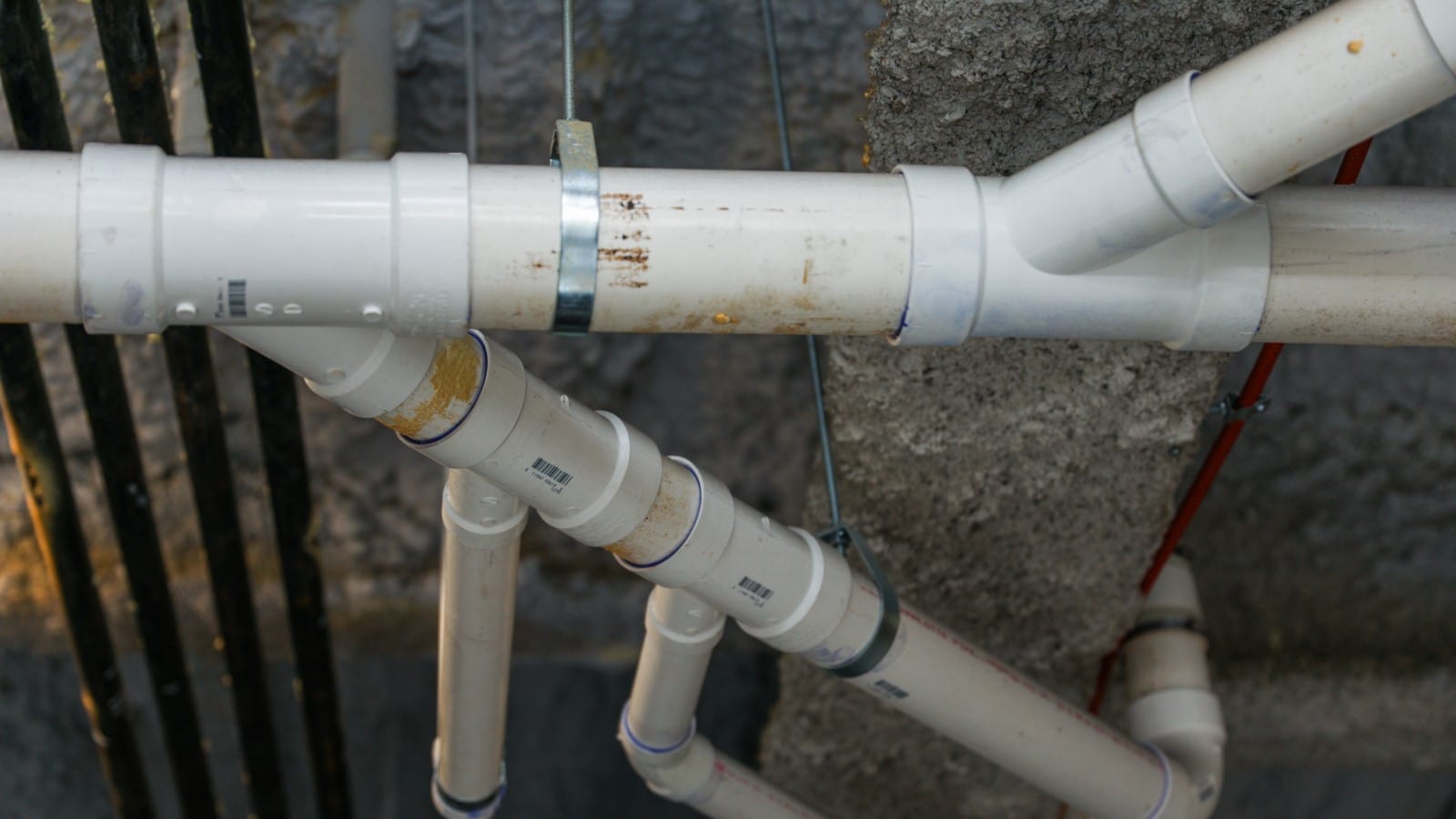Gas lines are a vital part of many homes in Rockwall, TX, providing energy for heating, cooking, and more. However, a gas leak poses significant risks, making it crucial to check for leaks regularly. This guide offers homeowners comprehensive insights on how to test gas lines for leaks, ensuring safety and efficiency.
While it’s essential to be aware of the symptoms of a gas leak or potential gas poisoning, remember that if you suspect a leak, it’s crucial to act immediately. Gas leaks can be hazardous and can cause gas poisoning. Therefore, it’s not advisable to handle them on your own. Dealing with gas leaks requires specialized knowledge and equipment, such as a gas meter, to ensure safety. For professional gas leak detection and repair services in Rockwall, TX, providing a prompt and safe resolution, contact us at Intown Plumbing. Our team of experts is equipped to handle all your gas line needs, including testing a gas line around your home, efficiently and with care.
Understanding Gas Line Pressure Tests
Ensuring the safety and integrity of your home’s gas lines is paramount, particularly in Rockwall, TX, where natural gas is a common energy source. Pressure testing your gas lines, an important method to check for a gas leak, is critical in this process. Let’s delve into why this test is essential, why pressure testing is included in local regulations, and what preparations are necessary for a successful pressure test to examine a gas line.
- Why Pressure Testing is Crucial: Pressure testing is a reliable method to detect leaks in your gas line. It involves increasing the pressure inside the gas line and monitoring it for any drop, indicating a potential leak. This crucial safety process includes using a leak detector or other methods to check for gas and detect a gas leak.
- Local Regulations and Standards: Understanding Rockwall’s specific regulations for gas line safety is vital. Simply put, if the gas in your pipes is under high pressure (more than 7.5 psi), the pressure used for testing these pipes needs to be at least one and a half times higher than the usual pressure, but never below 3 psig. This rule ensures tests are thorough and safe. Following these local guidelines is crucial to maintain the safety and integrity of your home’s gas system.
- Preparing for a Pressure Test: Before conducting a pressure test, ensure all joints and connections are exposed and properly sealed. It’s essential to follow safety protocols, including wearing protective equipment to prevent injuries. Whether you’re checking for gas or having a professional detect a gas leak, this preparation is critical.
Tools and Methods for Leak Detection
Detecting gas leaks in your home requires a combination of tools and techniques to ensure safety and efficiency. Here are several methods you can employ:
- Using Gas Detectors: Equip your home with carbon monoxide and natural gas detectors to identify leaks. Regularly servicing these detectors is vital for effective leak detection.
- Alternative Methods: Besides using detectors, observe for signs like the scent of sulfur, hissing sounds, or changes in the color of gas stove flames. Monitoring gas usage can also hint at leaks if there’s an unexplained increase in your gas bill.
- Soapy Water Test: This simple method involves applying a soap-and-water solution to the gas line and observing for bubble formation, indicating a leak.
Additional examples of leak detection include:
- Electronic Gas Sniffers: These handheld devices can detect various gases and are particularly useful for pinpointing the exact location of a leak.
- Ultrasonic Leak Detectors: These devices pick up the high-frequency sounds emitted by gas as it escapes from a leak.
After identifying potential leak areas with these methods, conducting a thorough pressure test of the gas line is crucial. This involves applying a certain psi (pounds per square inch) to the gas line and observing for any pressure drop, a clear leak indicator.
When stress-testing gas lines, it’s essential to understand the test pressure your system requires. New gas appliances, for example, may have different pressure requirements than older models. Regular pressure tests help ensure all components, including gas valves, function correctly and safely.
When to Call a Professional
The importance of professional services in gas leak detection cannot be overstated. While homeowners can perform basic checks, the complexity and potential risks involved in gas line issues often necessitate the expertise of professionals.
- Complexity of Leak Detection: Gas line systems, especially those in modern homes, can be intricate. Professionals are equipped to conduct pressure tests on gas lines, utilizing advanced pressure gauges and techniques to detect leaks accurately, even at low-pressure levels. They understand the intricacies of different piping systems and how to apply and hold pressure to test for leaks safely.
- Benefits of Professional Services: Modern homes often have complex gas line systems requiring a nuanced leak detection approach. Professionals have the expertise to perform pressure tests with precision, using sophisticated gauges and methods to identify leaks, even in systems with low pressure. Their deep understanding of various piping systems enables them to safely manage and maintain the necessary pressure during testing, ensuring accurate results. This level of detail is crucial for effectively identifying and addressing potential gas leaks.
Calling a professional for gas leak detection and pressure testing ensures a thorough and safe approach. It’s always better to err on the side of caution regarding gas leaks. Professionals like those at Intown Plumbing have the training and tools to accurately check for gas leaks and resolve any issues, ensuring the safety and integrity of your home.
Ensuring Gas Safety in Your Rockwall Home
To keep your Rockwall home safe from gas leaks, remember these crucial steps:
- Regular Inspection: Inspect gas pipes and fittings for any signs of wear, damage, or leaks.
- Pressure Testing: Incorporate pressure testing into your regular gas line inspection routine to effectively identify leaks.
- Awareness: Be aware of the various ways to detect a gas leak, like unusual odors or sounds.
- Professional Services: Conduct professional inspections and pressure testing of your gas lines for assured safety.
If you suspect a gas leak, don’t delay. Reach out to Intown Plumbing for skilled inspection and repair services, safeguarding your home against gas hazards.





